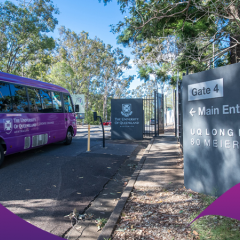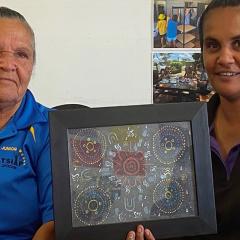Supporting healthy sleep development in early childhood is vital for ensuring that children can flourish and meet their individual potential. As with other areas of child development, such as walking or talking, there is considerable individual variation in children’s sleep needs across the early childhood period.
The importance of supporting early sleep development is reflected in the National Quality Standard for Early Childhood Education and Care (ECEC), which specifies that "[each] child’s wellbeing and comfort is provided for, including appropriate opportunities to meet each child’s need for sleep, rest and relaxation (Quality Area 2, Element 2.1.1)"
How ECEC services achieve responsive sleep, rest and relaxation practices for infants and young children has, until recently, received little research attention.
Download the full policy brief to learn:
- Overview of the SLEEP studies
- How do services meet individual sleep, rest and relaxation needs?
- Safety in the sleep environment
- A range of approaches to sleep, rest and relaxation in ECEC (advantages and challenges)
- Separate sleep spaces
- Multi-room use
- Indoor/outdoor spaces
- Relaxation times
- Including children and families in decision making
Also see Best practice, sleep, rest and relaxation training to apply ISSR expertise to practice, or join our sleep training mailing list.



